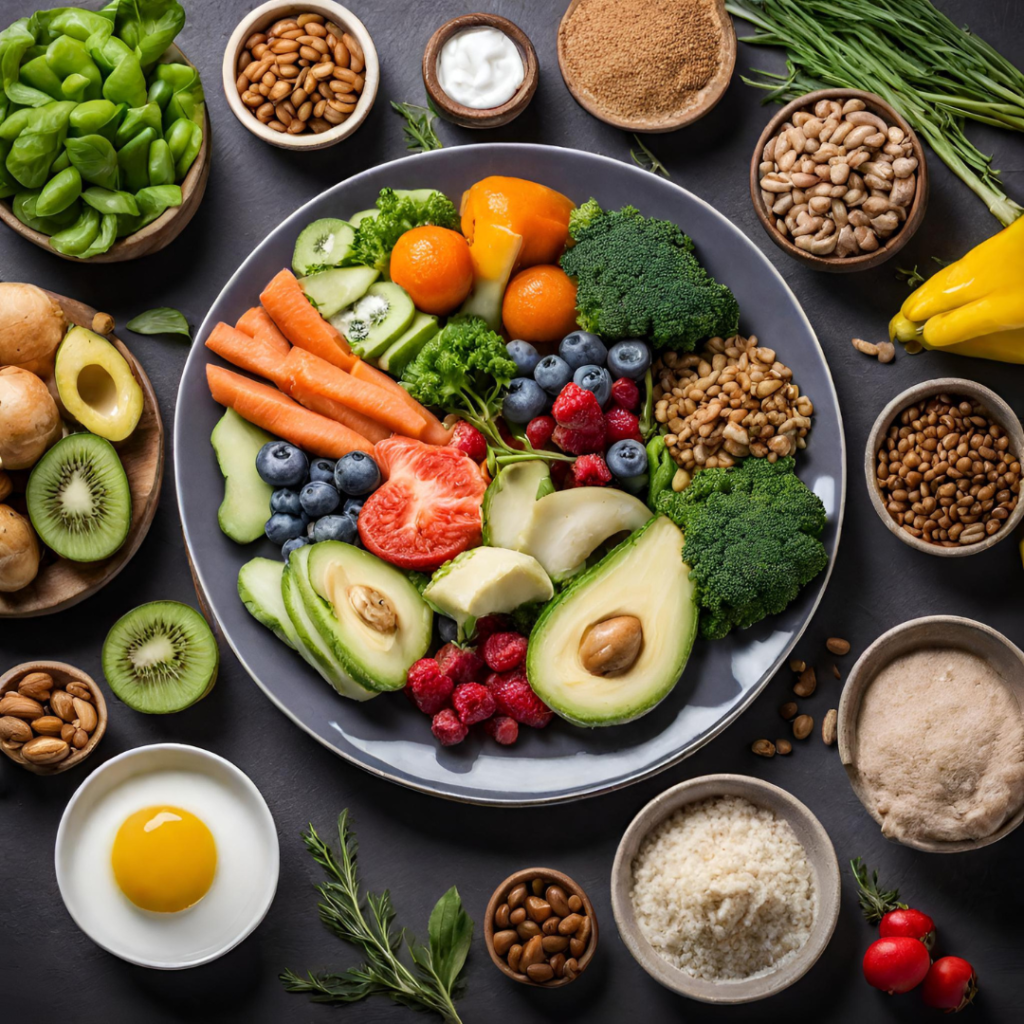Introduction
Weight loss is a topic that has generated a multitude of myths and misconceptions over the years. With so much information available, it can be challenging to separate fact from fiction. In this blog, we will debunk ten common myths about weight loss to help you on your journey to a healthier you.

Myth 1: Crash Diets Are Effective
Many people believe that crash diets or extreme calorie restriction will lead to quick and sustainable weight loss. In reality, they often result in temporary weight loss and can harm your metabolism in the long run. Gradual, sustainable changes to your diet are more effective.
Myth 2: All Calories Are Equal
Not all calories are created equal. While calorie counting can be a useful tool, the quality of the calories you consume matters. Nutrient-dense foods like fruits, vegetables, and lean proteins are better for weight loss than empty calorie sources.
Myth 3: You Must Avoid Carbs
Carbohydrates are often demonized, but they are an essential part of a balanced diet. It’s about choosing the right type of carbs, like whole grains, over refined ones. Balanced carb intake can provide energy and fiber, aiding weight loss.
Myth 4: Skipping Meals Helps You Lose Weight
Skipping meals may seem like a good way to cut calories, but it can lead to overeating later in the day. Eating regular, balanced meals can help maintain stable blood sugar levels and reduce cravings.
Myth 5: Exercise Alone Guarantees Weight Loss
Exercise is crucial for overall health, but weight loss is primarily about diet. You can’t out-exercise a poor diet. A combination of diet and exercise is the most effective approach.
Myth 6: Fat Makes You Fat
Not all fats are harmful. Healthy fats found in avocados, nuts, and olive oil can aid in weight loss by promoting satiety. It’s trans fats and excessive saturated fats that should be limited.
Myth 7: Weight Loss Supplements Work Wonders
Weight loss supplements promise quick results, but they are often ineffective and can have side effects. It’s best to focus on a balanced diet and exercise for sustainable weight loss.
Myth 8: Eating Late at Night Causes Weight Gain
The timing of your meals matters less than the total calories consumed throughout the day. What’s more important is what you eat, not when you eat it.
Myth 9: You Need to Detox or Cleanse
Your body has its own detox system through the liver and kidneys. Detox diets and cleanses are unnecessary and can be harmful. Focus on eating whole, natural foods to support your body’s natural detoxification processes.
Myth 10: Weight Loss Is the Same for Everyone
Weight loss is a highly individualized journey. What works for one person may not work for another. It’s essential to find a sustainable approach that fits your lifestyle, preferences, and needs.
Conclusion
In the world of weight loss, myths abound, often leading people down the wrong path. Debunking these myths and focusing on evidence-based strategies is key to achieving and maintaining a healthy weight. Remember that it’s not about quick fixes but about making long-term, sustainable changes to your lifestyle and habits. Seek guidance from healthcare professionals or registered dietitians for personalized advice on your weight loss journey.
